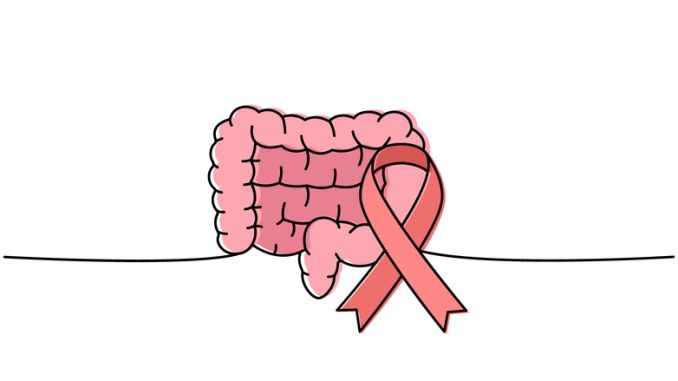As reported by NHS England, thousands with Lynch syndrome to receive routine colonoscopies, a pioneering move to catch and treat cancer early, increasing chances of cure
This is a world-first move by the health service to help reduce cases and identify bowel cancers earlier when successful treatment and cure is more likely.
As part of the NHS Bowel Cancer Screening Programme, people with Lynch syndrome are now invited for bowel surveillance every two years, where they are seen by a specialist team and assessed for a colonoscopy which checks for polyps and signs of bowel cancer.
Lynch syndrome is an inherited condition that increases the risk of certain cancers, including bowel, ovarian and pancreatic, but out of 100 people with Lynch syndrome, screening prevents between 40 and 60 people from getting bowel cancer.
Around 10,000 people in England are on the Lynch syndrome register and are being invited to join Lynch surveillance as part of the NHS bowel cancer screening programme, and with many more unknowingly living with the disease, thousands of extra cancers will potentially be diagnosed and treated earlier.
The routine colonoscopies will be offered at local bowel cancer screening centres, close to peoples’ homes making it more convenient for people to get tested.
The health service also has a dedicated genetic testing programme for the condition and now almost all people diagnosed with bowel and endometrial cancer receive the initial test to check for Lynch syndrome – 94% on average between 2021-2023 which is up from 47% in 2019.
A diagnosis for Lynch syndrome not only helps guide more personalised cancer treatment but enables their families and relatives to be offered testing too.
Around 1,100 bowel cancers are caused by Lynch syndrome each year in England – and it is thought the syndrome increases the lifetime risk of developing bowel cancer up to around 80%.
Steve Russell, national director of screening and vaccinations for the NHS, said: “Our successful bowel cancer screening programme already helps identify thousands of cancers each year, and now thousands more people who have been diagnosed with Lynch syndrome will also be given regular colonoscopies to check for signs of cancer and to detect the disease earlier.
“Ensuring people who we know are at a greater risk of developing cancers get regular screening is key to diagnosing cancers at an earlier stage, and I’d encourage everyone invited to come forward and get their screening at a local centre near them.”
Dr Robert Logan, NHS England’s national speciality adviser for endoscopy and bowel screening, said: “This is great news for patients with Lynch syndrome – not only has genetic testing for the condition increased massively in less than five years, but we are also ensuring that patients diagnosed with Lynch syndrome are then guaranteed to get the high quality surveillance colonoscopy they need from the national screening programme. This is the first time any country has been able to deliver such a comprehensive joined up approach to diagnosis and early intervention for one of the most common hereditable cancer syndromes.”



Be the first to comment